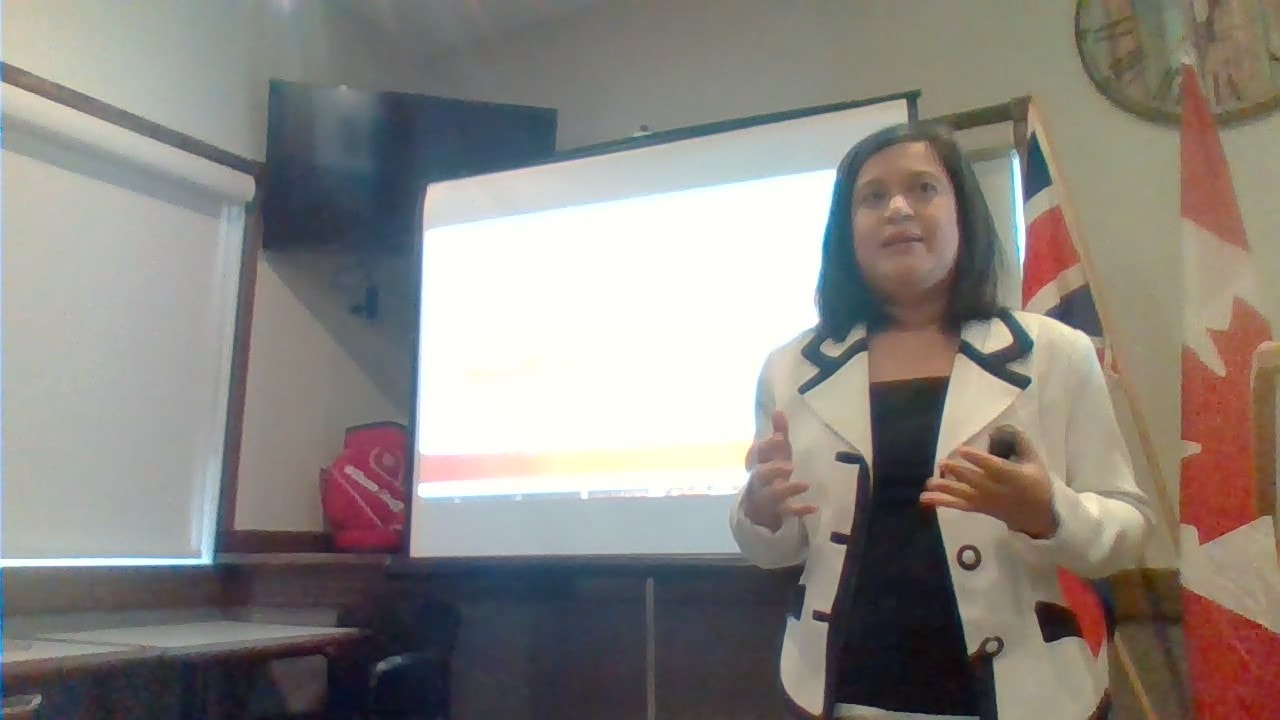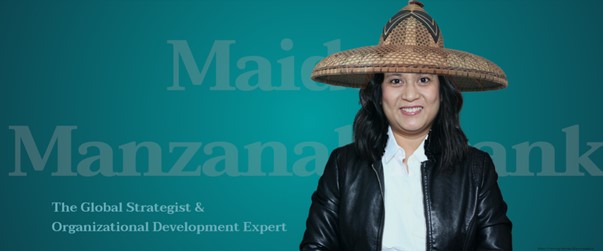Archives
April 2024
Categories
All
|
Back to Blog
UNTOUCHABLES3/4/2024 There are sacred cows in many purpose-driven organizations. it can be a personnel, a Board Member, a funder, a practice/framework, an over-staying product, a founder's mantra, or a habit. All of these can be sacred cows- never questioned, continued to exist and proliferate despite its obsolescence/irrelevancy and sometimes exaggerated, larger-than-life value. You can't touch it, complain about it, or suggest an alternative route/option/offering. The employees would point up (ceiling) saying, something like, "Word from Management." Just follow or resign. Who is the management? Who is the boss? Board of Directors. The Executive Director. The Management Council. When there are sacred cows, it means that the organization has lost it adaptability and relies on tradition, dogma, and unfounded beliefs, usually not based on any thing factual and evidence-based. There's a place for tradition in building high-performing cultures in organizations. Cultures that are deeply rooted in values. For tradition's sake, continuity (some may say), or laziness, people revert to 'whatever been around for a long time' and seldom ask why. Tradition without relevance is fanaticism. In many societies, sacred cows roam the street unhindered. But in organizations, too many roaming unhindered sacred cows can cause a massive catastrophe. You don't want that. Ask, listen, evaluate. Rinse and Repeat
0 Comments
Read More
Back to Blog
PREPAREDNESS2/5/2024  I had a surgery a few weeks ago and before that I had to prepare mentally, physically, emotionally, and relationally (family + household) for this event and its aftermath. The week prior was a whirlwind of activities from cleaning the house, doing laundry, preparing soup and comfort foods for myself and for my family during convalescence. A few weeks prior, I was in touch with the head nurse and my surgeon for the questions I have, pre, during, and post-surgery/recovery issues. I have been in contact with an FB group to get a specific sense of the medical things that can come up in the process. Emotionally, I have prepared myself from this event by strengthening my spirit and resolve and making affirmations that align with my faith. I have prepared my husband to take on the tasks for several days and at least 2-3 weeks as I recuperate. I discussed the same with my daughter but she seemed to be a bit sad that she will be staying over her grandparent's house for a few days that I will be in the hospital. Well, it all turned out fine. My surgeon, the cast of nurses, two anesthesiologists did an excellent work. I am now recovering well and looking forward to fully be in motion in the next few weeks. My daughter had a blast at her grandparents' house and wanted to do more stay-overs. My dutiful husband had been unwavering in his support and his leadership in the kitchen, buying groceries, and doing things in the house during this time. A lot of my friends and family members have prayed for me and they are still praying for a speedy recovery. I feel better everyday but I wanted to take it easy as I know that healing is a process. My preparedness has made me feel more in control of this event and less fearful and anxious. I managed the risks by doing research, asking questions, and seeking guidance from those that can help in their profession and with experience. I am fully convinced that preparedness whether in our personal lives and in our organizations is the best defense against risks, onslaught of shocks and stresses, and negative events/consequences. We live in turbulent times. We can't just rely on our doctors, nurses, lawyers, politicians, and even our CEOs and Board to shield us from the threats and risks that are likely and that have important consequences on our lives/organizations. Learn to advocate for your own well-being, health, security, sense of justice and fairness, and for those that can't. If not you then who?
Back to Blog
HANG IN THERE12/26/2023 Do you ever have to call a service center for some thing that you want to address? During the holidays, I got some credit card charges that I wasn't aware of and have to call a bank call center. First they asked you to key in your bank credit card number followed by the secret PIN number. And then the wait. The line would say, "This conversation will be recorded for coaching, teaching, advising, and monitoring purposes." Then silence, and more silence. How these purposes are translated to shorter wait times, successfully addressed complaints and questions, which then lead to customer satisfaction and retention is mind-boggling. And with the advent of AI, it becomes even more cryptic as to what happens with every call and what corporate training is instituted in anticipation of the need to reform/change. Hopefully, that recoded message should not just assuage every caller that things will be better, and that reality should meet current expectations and not the other way around. |
 RSS Feed
RSS Feed

